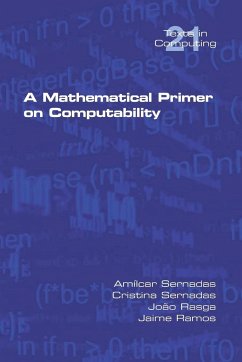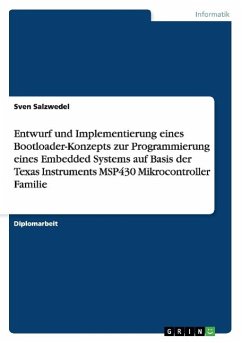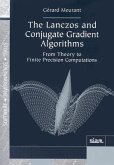Adapted from a series of lectures given by the authors, this monograph focuses on radial basis functions (RBFs), a powerful numerical methodology for solving PDEs to high accuracy in any number of dimensions. This method applies to problems across a wide range of PDEs arising in fluid mechanics, wave motions, astro- and geosciences, mathematical biology, and other areas and has lately been shown to compete successfully against the very best previous approaches on some large benchmark problems. Using examples and heuristic explanations to create a practical and intuitive perspective, the authors address how, when, and why RBF-based methods work. The authors trace the algorithmic evolution of RBFs, starting with brief introductions to finite difference (FD) and pseudospectral (PS) methods and following a logical progression to global RBFs and then to RBF-generated FD (RBF-FD) methods. The RBF-FD method, conceived in 2000, has proven to be a leading candidate for numerical simulations in an increasingly wide range of applications, including seismic exploration for oil and gas, weather and climate modeling, and electromagnetics, among others. This is the first survey in book format of the RBF-FD methodology and is suitable as the text for a one-semester first-year graduate class.
Bitte wählen Sie Ihr Anliegen aus.
Rechnungen
Retourenschein anfordern
Bestellstatus
Storno








